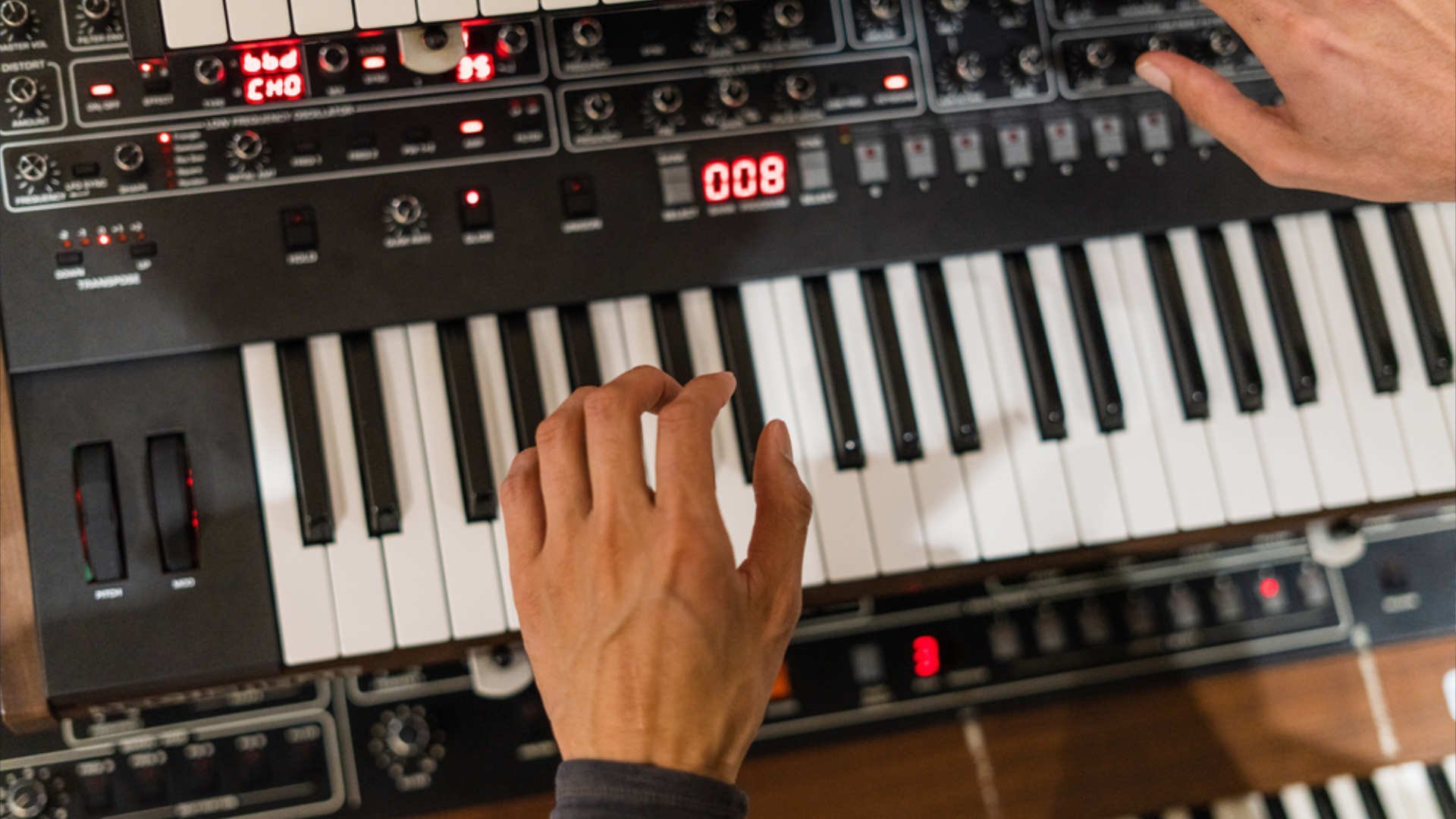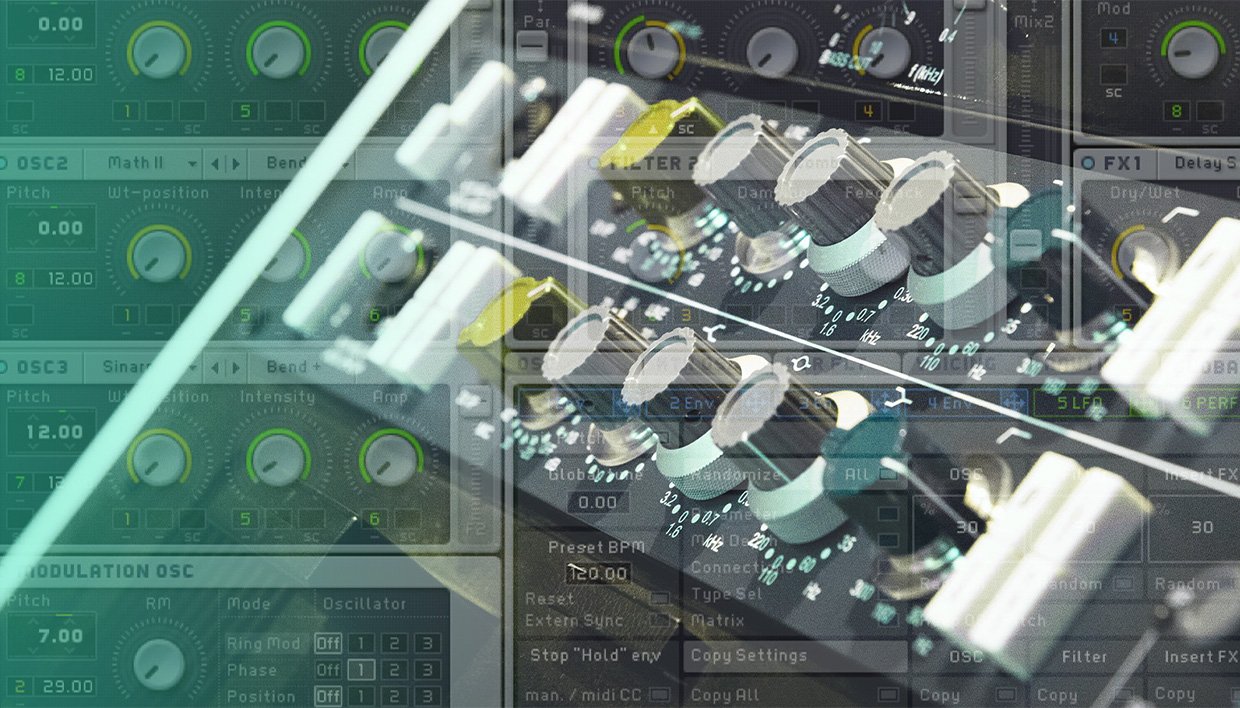Building a Career as a Synth Programmer
Synth programming is an intricate and fascinating world, blending the technical with the creative to produce sounds that are both unique and emotive. At its core, synth programming involves crafting sounds using synthesizers, which can be hardware or software-based instruments designed to generate audio signals. These signals can be shaped and manipulated to create everything from realistic imitations of traditional instruments to entirely novel sounds that defy conventional musical boundaries. In this comprehensive exploration, we'll delve into what synth programming entails, the tools of the trade, the creative and technical skills required, and the myriad opportunities available to those who master this art.
The Essence of Synth Programming
Synth programming is the process of designing and creating sounds using synthesizers. A synthesizer is an electronic instrument capable of generating a wide range of sounds by manipulating aspects of audio signals, such as waveform, pitch, timbre, and dynamics. The versatility of synthesizers makes them a cornerstone of modern music production, allowing musicians and producers to experiment with an almost infinite palette of sounds.
Understanding the Tools: Analog vs. Digital Synthesizers
Synthesizers come in various forms, each with its unique characteristics. Analog synthesizers generate sounds through analog electronic circuits and signal paths, offering warmth and depth that many enthusiasts and professionals prize. These synths are known for their rich, organic sounds, particularly in bass and lead patches.
Digital synthesizers, on the other hand, use digital signal processing (DSP) to create sounds. They can mimic the characteristics of analog synths while also providing a broader range of sonic possibilities, including the ability to precisely replicate the sounds of natural instruments. Additionally, software synthesizers or "softsynths" run on computers, offering flexibility and a vast array of features at a more accessible price point.
The Synth Programmer's Toolkit
A proficient synth programmer is adept at using a variety of tools and techniques to shape sounds. These include:
Oscillators: Generate the initial audio signal, with waveforms like sine, square, triangle, and sawtooth.
Filters: Shape the timbre of the sound by removing or accentuating certain frequencies.
Envelopes: Control the amplitude dynamics over time, typically with parameters for attack, decay, sustain, and release (ADSR).
LFOs (Low-Frequency Oscillators): Modulate various parameters of the sound at low frequencies, adding vibrato, tremolo, or other modulating effects.
Effects: Reverb, delay, distortion, and other effects can be applied to enhance or transform the sound.
Skills Required for Synth Programming
Synth programming is both an art and a science, requiring a blend of technical knowledge and creative intuition. Essential skills include:
Technical proficiency: Understanding the inner workings of synthesizers and sound synthesis methods.
Musicality: A good ear for music and sound, enabling the programmer to sculpt sounds that fit the intended musical context.
Experimentation: The willingness to explore and experiment with different settings and parameters to discover new sounds.
Attention to detail: Precision in adjusting parameters to achieve the desired sound.
Opportunities for Synth Programmers
The demand for skilled synth programmers spans a wide range of industries and roles, including:
Music Production: Creating unique sounds for songs, albums, and performances.
Film and Game Scoring: Designing atmospheric sounds and effects that enhance the storytelling in movies and video games.
Sound Design: Crafting sounds for theatrical productions, installations, and other creative projects.
Product Development: Working with companies that develop synthesizers and audio software, contributing to the design and testing of new instruments and technologies.
Education and Content Creation: Teaching the art of synth programming through workshops, online courses, and tutorial videos.
Building a Career in Synth Programming
Building a career in synth programming is an exciting journey that intertwines deep technical knowledge with boundless creative exploration. As the music industry, gaming, film, and various multimedia fields continue to evolve, the demand for innovative and skilled synth programmers is on the rise. Here’s how aspiring synth programmers can navigate the path towards a successful career in this vibrant field.
Developing Fundamental Skills
The foundation of a career in synth programming lies in a solid understanding of both music theory and the technical aspects of sound synthesis. Knowledge of music theory helps in creating sounds that fit within musical contexts, while technical expertise enables the manipulation of synthesizers to achieve desired sonic characteristics.
Formal Education: Pursuing a degree or certification in music technology, audio engineering, or a related field can provide comprehensive knowledge and hands-on experience with professional equipment and software.
Self-Learning: The internet is a treasure trove of resources. Online tutorials, forums, and courses offer valuable information and allow for self-paced learning. Platforms like YouTube, Coursera, and Skillshare have extensive lessons on both basic and advanced synth programming techniques.
Building a Portfolio
Creating a diverse portfolio is essential. It should showcase a range of skills, from creating unique sounds for different musical genres to designing complex soundscapes for media.
Personal Projects: Engage in projects that challenge you to apply and hone your skills. This could include creating sound packs, producing tracks, or even developing sound installations.
Collaborations: Work with other artists, musicians, and creators. Collaborations can expand your creative horizons and introduce your work to new audiences.
Gaining Experience
Practical experience is invaluable. It not only improves your skill set but also helps in understanding the workflow and demands of professional environments.
Internships and Apprenticeships: Look for opportunities to work in studios, with music producers, or at companies specializing in music technology. Such experiences can provide insights into the industry and help build professional networks.
Freelance Projects: Freelancing on platforms like Upwork, Fiverr, or SoundBetter can be a great way to gain experience and earn while learning. It also helps in building a clientele and understanding the business aspects of synth programming.
Networking and Community Engagement
Building relationships within the music and audio technology communities can open up opportunities and provide support and inspiration.
Attend Workshops and Conferences: Events like the NAMM Show, AES Convention, and Superbooth are excellent places to meet other professionals, learn about new technologies, and stay updated on industry trends.
Join Online Forums and Social Media Groups: Participate in discussions, ask questions, and share your knowledge. Platforms like Reddit, Gearslutz, and specific Facebook groups can be particularly helpful.
Staying Current with Technology
The field of synth programming is continually evolving, with new technologies and software emerging regularly. Staying informed about these developments is crucial.
Experiment with New Software and Hardware: Don’t hesitate to try out new synthesizers, plugins, and software updates. Understanding the capabilities and limitations of different tools can significantly enhance your versatility and creativity.
Explore Emerging Trends: Keep an eye on trends like AI in music production, spatial audio, and immersive soundscapes. Being early to adapt to new technologies can set you apart in the field.
Educating Others
Teaching others can also be a pathway to establishing yourself as an expert in the field. It can lead to opportunities in academia, online education platforms, and workshop facilitation.
Create Educational Content: Start a blog, YouTube channel, or podcast focusing on synth programming techniques, gear reviews, and sound design tips.
Offer Workshops and Courses: Share your knowledge through local music schools, community centers, or online platforms. This not only helps in building your reputation but also in refining your understanding as you teach.
The Future of Synth Programming
The future of synth programming is bright, with ongoing advancements in technology opening new horizons for sound creation. Emerging technologies like artificial intelligence and machine learning are beginning to play a role in synthesizers, offering even more innovative ways to generate and manipulate sound. As these technologies evolve, the role of the synth programmer will continue to expand, blending traditional sound design with cutting-edge innovation.
Conclusion
Synth programming is a dynamic and rewarding field, offering endless possibilities for creative expression and innovation. Whether creating the next hit song, scoring a blockbuster film, or developing the sounds for a new software synthesizer, synth programmers play a crucial role in shaping the sonic landscapes of our lives.





